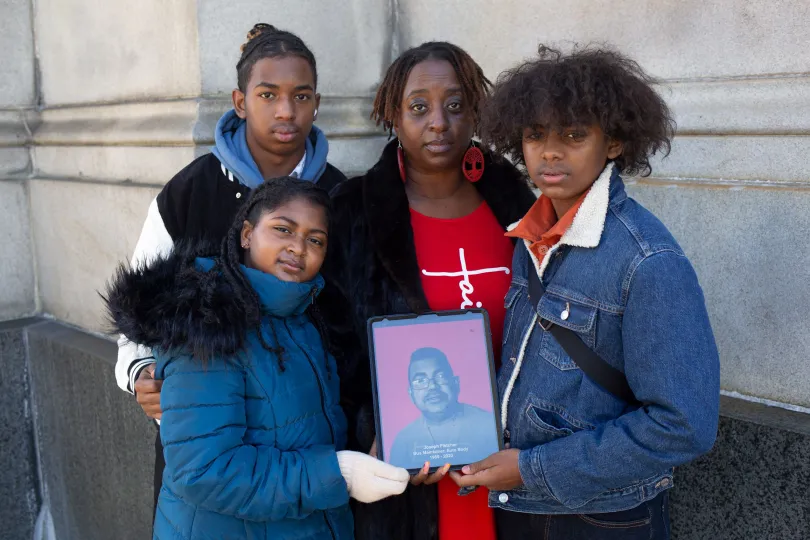Kin of MTA Workers Who Died of COVID Facing End of Line for Health Benefits
Three years of extended health insurance were included in a benefit package for families of MTA employees who died from COVID — but the insurance is set to end next month.

 This article was originally published on by THE CITY
This article was originally published on by THE CITY
As the anniversary of her husband’s April 2020 death from COVID-19 approaches, Veronica Fletcher is filled with dread, and not just for the obvious reasons.
A mother of two teenage sons and a daughter, Fletcher is a former city schoolteacher who has been on disability since being struck by a truck in November 2016.

Brooklyn Boro
View MoreNew York City’s most populous borough, Brooklyn, is home to nearly 2.6 million residents. If Brooklyn were an independent city it would be the fourth largest city in the United States. While Brooklyn has become the epitome of ‘cool and hip’ in recent years, for those that were born here, raised families here and improved communities over the years, Brooklyn has never been ‘uncool’.